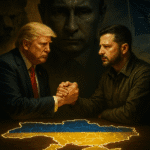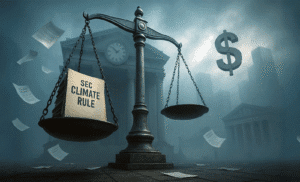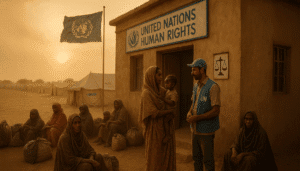President Donald Trump’s declaration that the United States will work to stop any attempt to ban Israel from the 2026 FIFA World Cup goes far beyond routine political commentary. It underscores how international sport is becoming increasingly entangled with diplomacy, national interests, and contested global norms.
Sport as an Arena for Power
Trump’s position was made clear when a State Department spokesperson confirmed that the U.S. will “absolutely work to fully stop” any effort to suspend Israel from international competition. The statement followed reports that the Union of European Football Associations (UEFA) may vote to ban Israel from its competitions in response to appeals from several member associations, citing the ongoing conflict in Gaza.
While UEFA controls access to European tournaments, it does not have the authority to bar national teams from World Cup qualifiers. That decision falls under FIFA, which has not yet taken a formal position. Trump’s announcement sends a clear signal: Washington is prepared to intervene, publicly and diplomatically, to prevent such a move. It also raises questions about how much influence a powerful host nation can exert over what is meant to be an independent global sporting body.
The Precedent Problem
Supporters of a suspension argue that the FIFA‑UEFA ban on Russia after the invasion of Ukraine set a clear precedent. Human rights groups and national federations have called for similar consequences in light of the current genocide and humanitarian violations in Gaza perpetrated by Israel. These groups contend that international sport should not offer protection or neutrality to governments accused of serious violations.
Several football associations, including those of Turkey, Algeria, Iraq, Jordan, and Palestine, have publicly supported calls for Israel’s suspension from FIFA and UEFA competitions, citing both legal and ethical grounds. Their stance reflects growing pressure within football institutions to address global conflicts with consistency, not just in rhetoric but through enforceable policy.
Trump’s involvement amplifies the stakes. His relationship with FIFA President Gianni Infantino has been noted in the past, and Washington’s diplomatic weight adds pressure on FIFA to find a path that avoids both exclusion and a credibility crisis.
Institutional Crossroads
If FIFA rejects the idea of a ban, it could be accused of disregarding humanitarian concerns and applying double standards, especially after having swiftly banned Russia following its invasion of Ukraine. The expectation from many quarters is for consistency in applying sanctions when states are accused of serious violations.
There is also the risk of long-term damage if FIFA fails to uphold the same principles it enforced in Russia’s case. Inconsistency could undermine the credibility of international football institutions and suggest that political considerations or global power dynamics outweigh human rights. Future decisions on eligibility could become increasingly shaped by diplomatic pressure rather than clear and consistent governance.
More Than a Game
The current standoff is not only about Israel’s eligibility or Trump’s intervention. It is a warning that global sport is increasingly being used as a tool of influence, protest, and power. The World Cup, often seen as a rare moment of global unity, is now a stage where diplomatic tension plays out under the banner of fair play.
FIFA’s decision will ultimately shape how future conflicts intersect with sport and whether governing bodies can hold the line between independence and interference in a world where that boundary grows less clear by the day.














